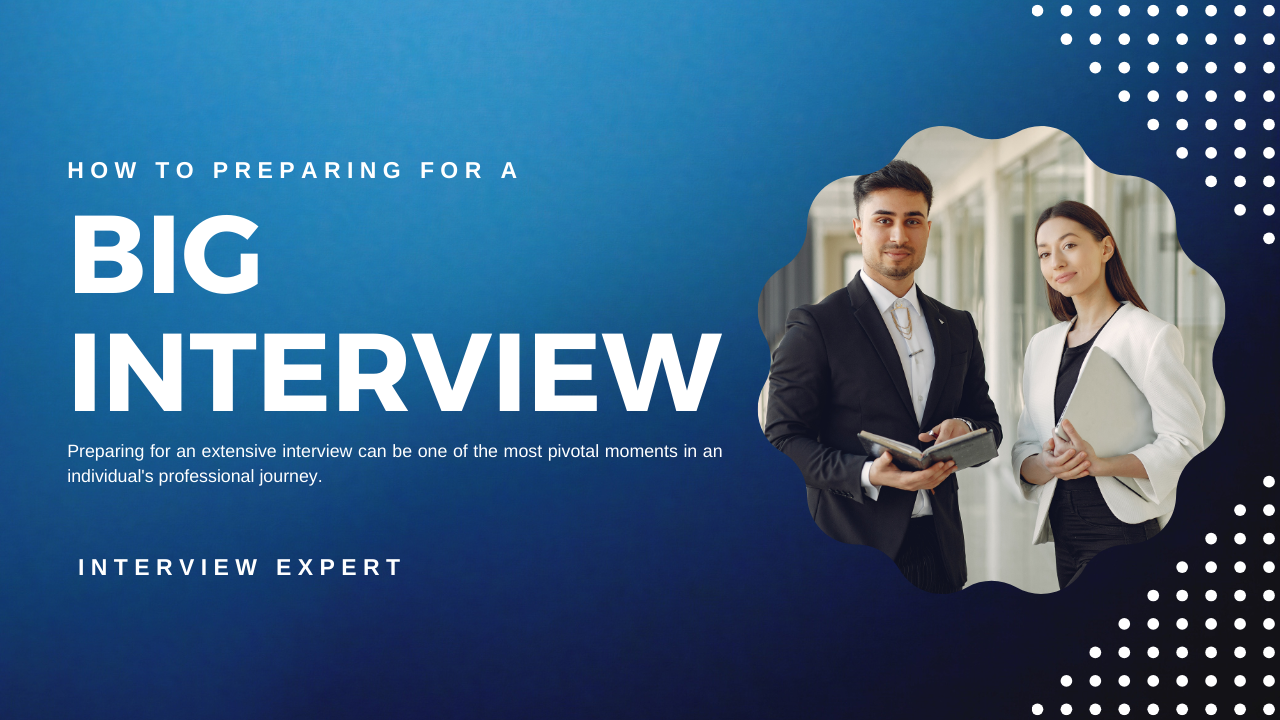
Preparing for an extensive interview can be one of the most pivotal moments in an individual’s professional journey. It represents an opportunity to secure a desired position and demonstrate one’s capabilities, personality, and potential contributions to a prospective employer. The experience is often accompanied by excitement and anxiety, demanding thorough preparation, strategic presentation, and a resilient mindset.
The foundation of a successful interview lies in meticulous preparation. Researching the company is essential; understanding its mission, values, culture, and recent developments can provide invaluable context. This knowledge allows candidates to tailor their responses, showing genuine interest and alignment with the company’s objectives. Additionally, reviewing the job description in detail helps identify the essential skills and experiences the employer seeks. By mapping one’s qualifications and achievements to these requirements, candidates can present a compelling narrative of their suitability for the role.
Mock interviews are a crucial part of preparation. Engaging in practice sessions with friends, family, or mentors can simulate the interview environment, allowing candidates to refine their responses and reduce anxiety. These sessions also provide constructive feedback on areas like body language, tone, and clarity of communication. Additionally, preparing answers to common interview questions and developing anecdotes highlighting one’s skills and achievements can ensure a more confident and fluid conversation.
The importance of mock interviews cannot be overstated when preparing for a significant interview. As a simulated experience that mirrors the actual interview process, mock interviews offer a valuable opportunity for candidates to practice their skills, refine their responses, and build confidence. Engaging in this preparatory step can distinguish between a mediocre performance and a compelling presentation that secures the desired position. The benefits of mock interviews extend across various aspects of the interview process, including familiarity with the format, constructive feedback, and increased self-assurance.
One of the primary benefits of mock interviews is the opportunity to become familiar with the interview format. Companies and industries may use various interviewing styles, from traditional one-on-one conversations to panel interviews or case study challenges. By participating in mock interviews, candidates can gain experience with these different formats and become comfortable with the structure and expectations of the interview they are preparing for.
For instance, mock interviews can simulate the types of questions that might be asked, whether behavioral, situational, or technical. This familiarity can help reduce anxiety, as candidates will have a clearer understanding of what to expect and how to navigate the interview process effectively. Moreover, practicing under realistic conditions helps candidates manage their time better, ensuring they can provide comprehensive yet concise answers within the given timeframe.
Another critical advantage of mock interviews is the feedback provided by the interviewer, who may be a mentor, career coach, or knowledgeable colleague. This feedback is invaluable for identifying areas of strength and pinpointing aspects that need improvement. Constructive criticism helps candidates refine their answers, improve their communication skills, and enhance their overall presentation.
Feedback on non-verbal cues, such as eye contact, body language, and tone of voice, is particularly beneficial. These elements are crucial in a candidate’s perception and can significantly impact their impression of the interviewer. Additionally, mock interviews can highlight any nervous habits or filler words that candidates might unconsciously use, allowing them to work on presenting themselves more professionally and confidently.
Building confidence is perhaps the most significant benefit of mock interviews. The more candidates practice, the more comfortable they become with articulating their thoughts and experiences. This increased self-assurance can make a substantial difference during the interview, as confident candidates are more likely to engage positively with the interviewer, think on their feet, and handle unexpected questions with poise.
The confidence gained from mock interviews also helps in managing interview stress. Knowing that one has practiced extensively and received positive feedback can create a sense of preparedness and reduce anxiety. This, in turn, allows candidates to focus on showcasing their qualifications and fit for the role rather than being preoccupied with nervousness.
Mock interviews are a vital component of preparing for a significant interview. They provide a realistic practice environment that helps candidates become familiar with various interview formats, receive constructive feedback, and build essential self-confidence. By investing time in mock interviews, candidates can refine their skills, address their weaknesses, and approach the interview with greater assurance and competence. Ultimately, the thorough preparation afforded by mock interviews can transform a candidate’s performance, enhancing their chances of securing the desired position and advancing their professional career.
On the day of the interview, presentation is key. First impressions are often lasting, so candidates should aim to project professionalism and confidence. It is crucial to dress appropriately for the company culture—whether it’s corporate formal or business casual—. Equally important is punctuality; arriving early not only demonstrates reliability but also allows time to acclimate to the environment and calm any pre-interview nerves.
Effective communication is critical during the interview. This includes not only verbal responses but also nonverbal cues such as eye contact, posture, and hand gestures. Active listening is equally important; it ensures that relevant responses demonstrate respect and engagement. Candidates should aim to answer questions thoughtfully and succinctly, avoiding rambling while providing enough detail to substantiate their points. Additionally, asking insightful questions about the role, team, or company can demonstrate enthusiasm and critical thinking.
Making a lasting impression during a big interview is essential for standing out in a competitive job market. The goal is to leave the interviewer with a strong, positive image of your suitability for the role, ensuring you remain memorable long after the interview. Achieving this requires thorough preparation, confident presentation, and strategic communication. This blog will explore critical strategies for making a lasting impression, focusing on research and preparation, personal branding, effective communication, and post-interview follow-up.
Thorough research and preparation are the cornerstones of making a lasting impression. Understanding the company’s mission, values, culture, and recent developments allows you to tailor your responses to align with the organization’s goals. It demonstrates that you are genuinely interested in the role and have taken the time to understand the company deeply.
Preparing for common interview questions and developing concise yet impactful responses is crucial. Practicing answers to questions about your background, experiences, and skills helps you deliver them confidently and smoothly. Moreover, preparing anecdotes that highlight your achievements and problem-solving abilities can effectively illustrate your qualifications.
Mock interviews are an excellent way to refine your responses and receive feedback on areas of improvement. They help simulate the actual interview environment, reducing anxiety and enhancing performance. By practicing with mentors or career coaches, you can gain insights into how you present yourself and make necessary adjustments.
Personal branding is about presenting a coherent and compelling image of yourself as a professional. This involves more than just your resume and cover letter; it includes your online presence, dress, and communication.
Ensure your LinkedIn profile and other professional social media accounts are up-to-date and reflect your career achievements and aspirations. During the interview, please dress appropriately for the company culture, whether formal or business casual. Your attire should project professionalism and confidence.
Your introduction and responses should convey your unique value proposition. Highlight your strengths and how they align with the job requirements. Use specific examples to demonstrate your skills and achievements. You create a memorable impression that distinguishes you from other candidates by consistently showcasing what makes you unique and valuable.
Effective communication is crucial in making a lasting impression. This includes both verbal and non-verbal communication. Speak clearly and confidently, ensuring your responses are well-structured and relevant to the questions asked. Avoid rambling and stay on point.
Active listening is equally important. Show your engagement and interest by nodding, maintaining eye contact, and providing thoughtful responses. Asking insightful questions about the role, team, or company further demonstrates your enthusiasm and critical thinking.
Non-verbal cues, such as body language, are significant in your perception. Sit straight, use appropriate hand gestures, and maintain a positive demeanor throughout the interview. Your body language should exude confidence and openness.
The interview doesn’t end when you leave the room. Following up with a thank-you note or email is critical in leaving a lasting impression. This should be done within 24 hours of the interview. In your message, express gratitude for the opportunity, reiterate your interest in the position, and briefly remind the interviewer of your essential qualifications.
A thoughtful follow-up shows your professionalism and keeps you fresh in the interviewer’s mind. It can be a deciding factor, especially in cases where candidates have similar qualifications.
Making a lasting impression during a big interview involves thorough research, personal branding, effective communication, and strategic follow-up. You can stand out in interviewers’ minds by understanding the company and role, presenting yourself confidently and professionally, communicating effectively, and following up thoughtfully. These strategies enhance your chances of securing the desired position and help build a solid professional reputation that can benefit your career in the long term.
Despite thorough preparation and a strong presentation, interviews can sometimes present unexpected challenges. Difficult questions, technical issues in virtual interviews, or intimidating interviewers can unsettle even the most prepared candidate. Resilience in the face of such challenges is crucial. Maintaining composure, taking a moment to think before responding, and viewing each question as an opportunity to showcase one’s strengths can help navigate these hurdles.
Rejection, a possible interview outcome, should also be approached with resilience. Constructive feedback should be sought and valued, as it provides a roadmap for improvement. Understanding that rejection is not necessarily a reflection of one’s abilities, but rather a step in the broader career journey can help maintain motivation and confidence.
An extensive interview is a significant event that requires comprehensive preparation, strategic presentation, and a resilient mindset. Candidates can maximize their chances of success by understanding the prospective employer, practicing responses, and presenting themselves professionally. Equally important is the ability to remain composed under pressure and to view challenges and setbacks as opportunities for growth. Ultimately, a successful interview is not just about securing a job but about demonstrating one’s value, potential, and readiness to contribute meaningfully to the prospective employer.
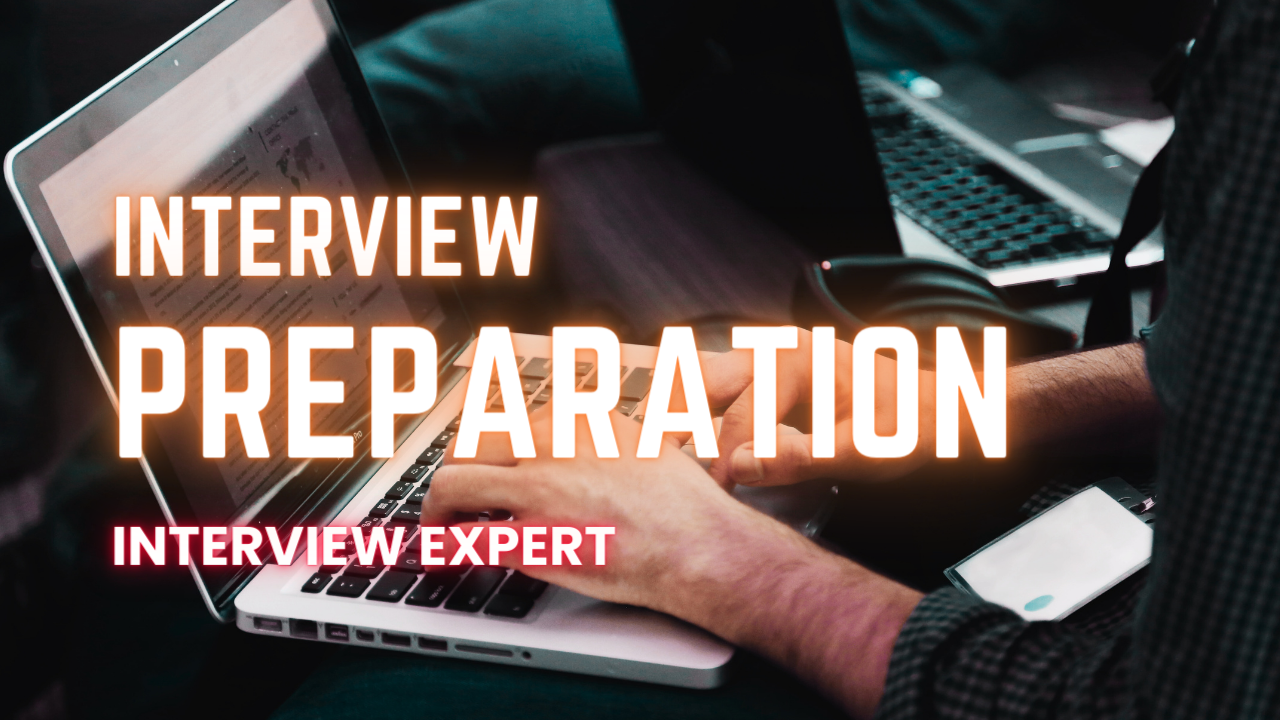
5 days ago, admin
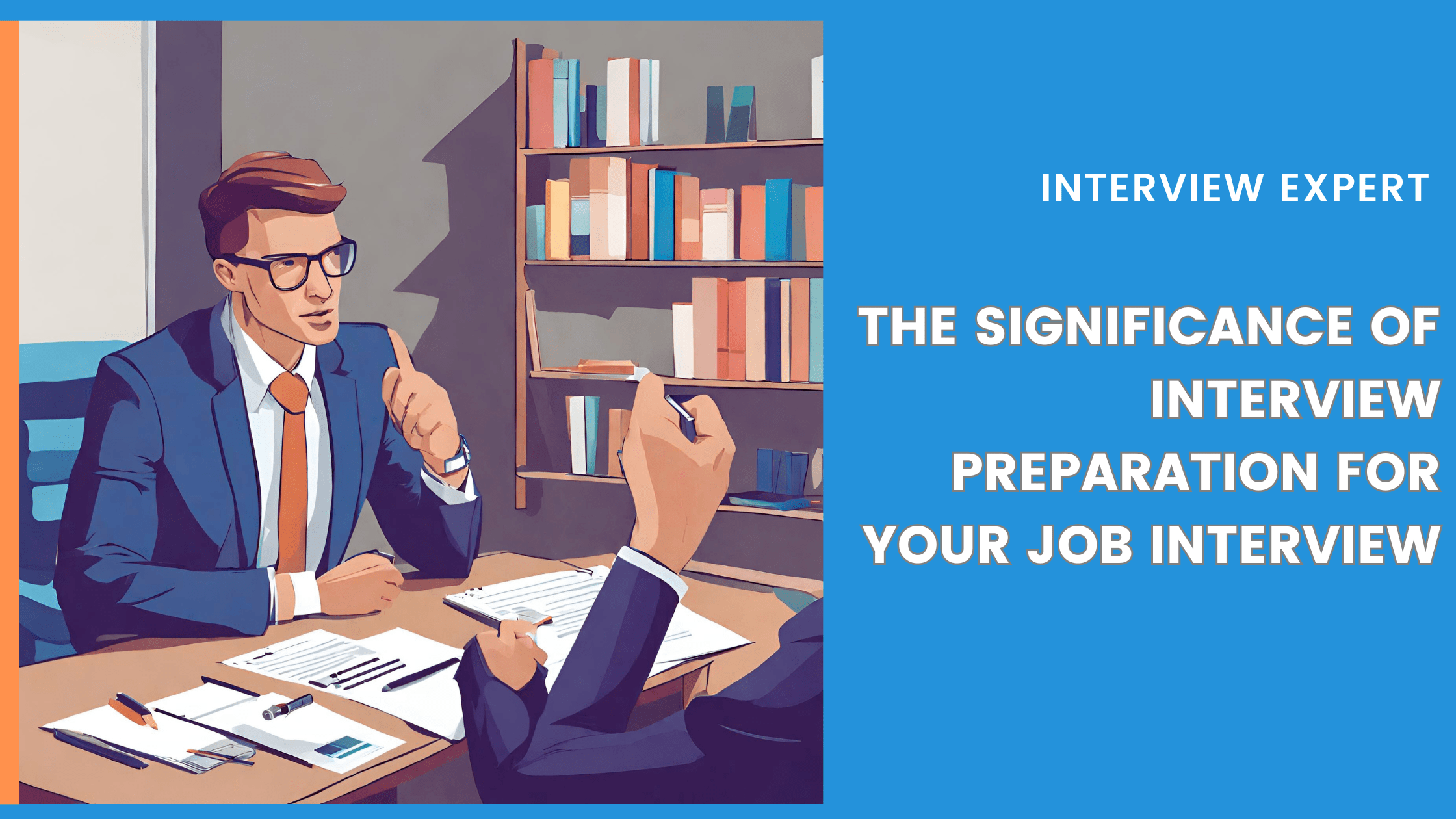
3 months ago, admin

3 months ago, admin

5 days ago, admin
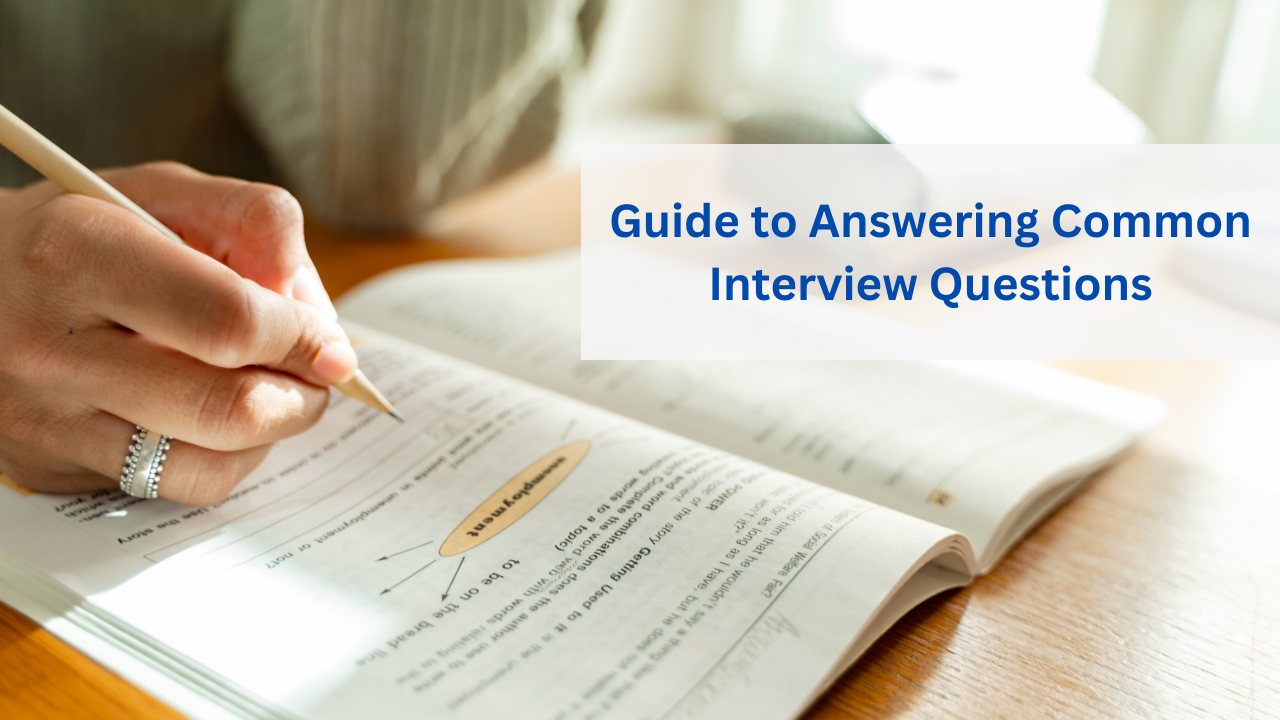
7 days ago, admin
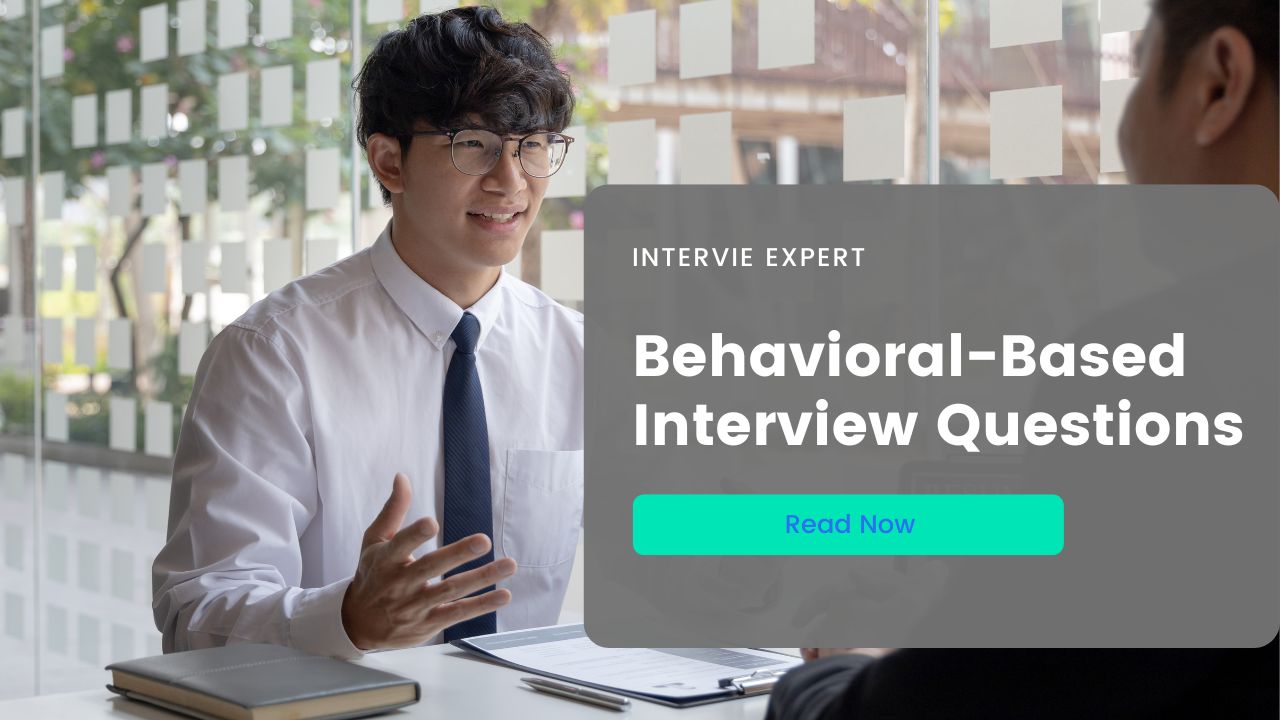
2 weeks ago, admin
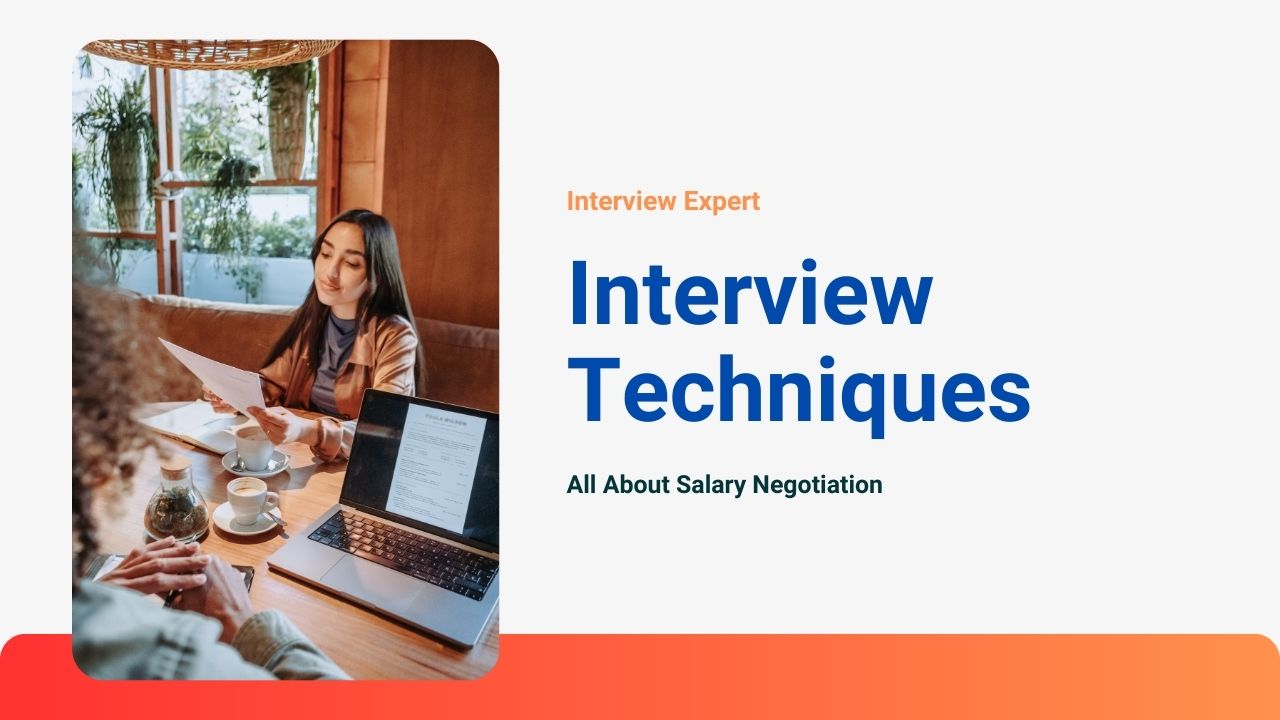
2 weeks ago, admin
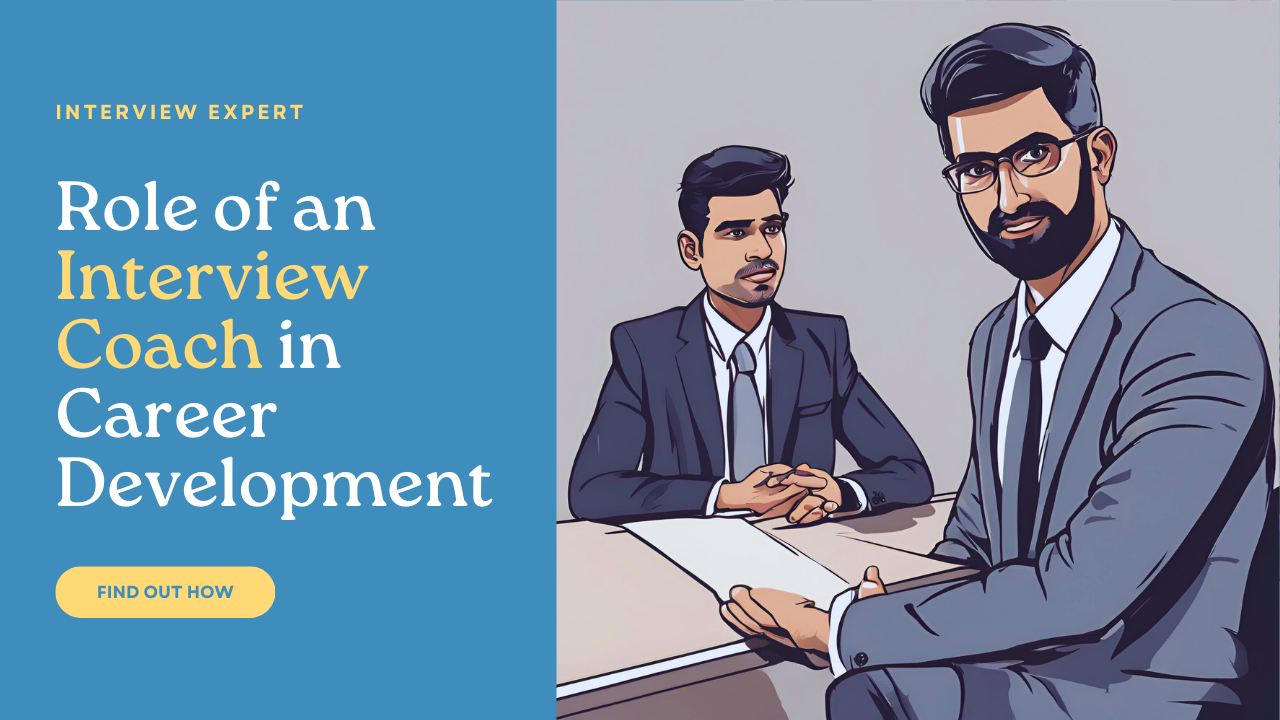
3 weeks ago, admin